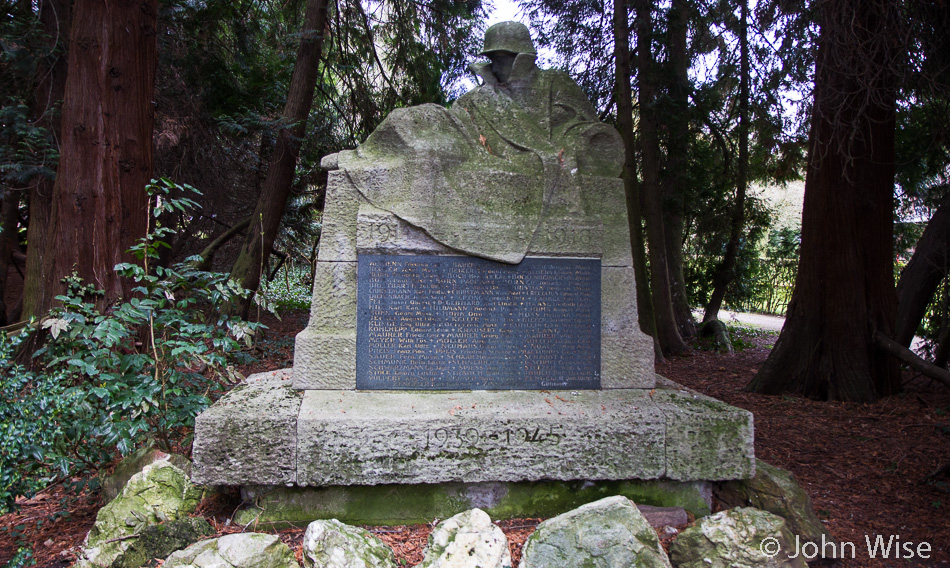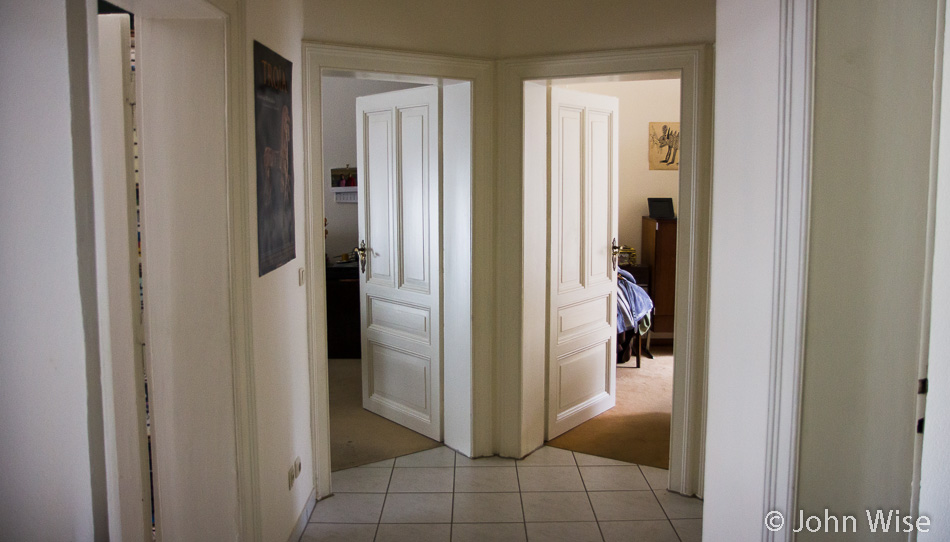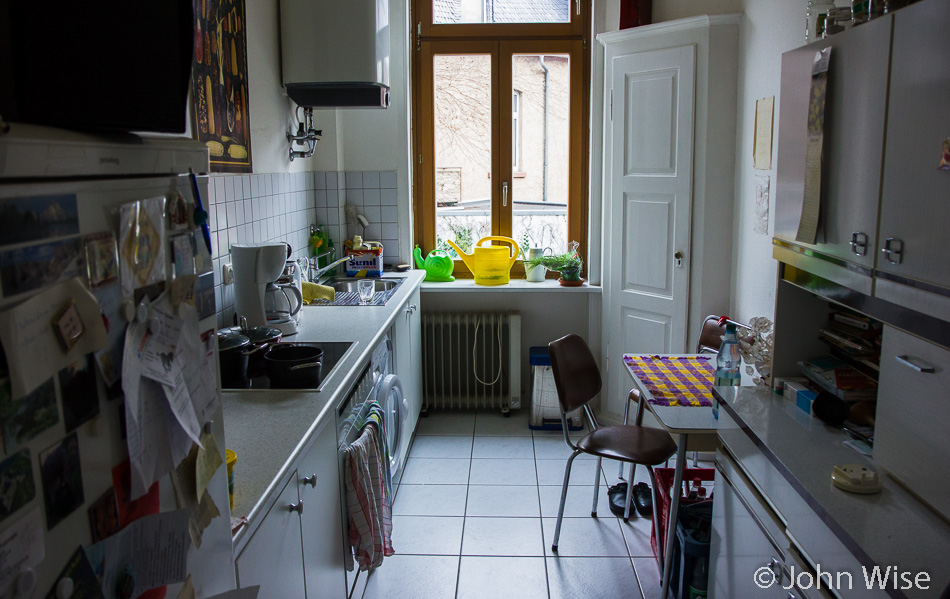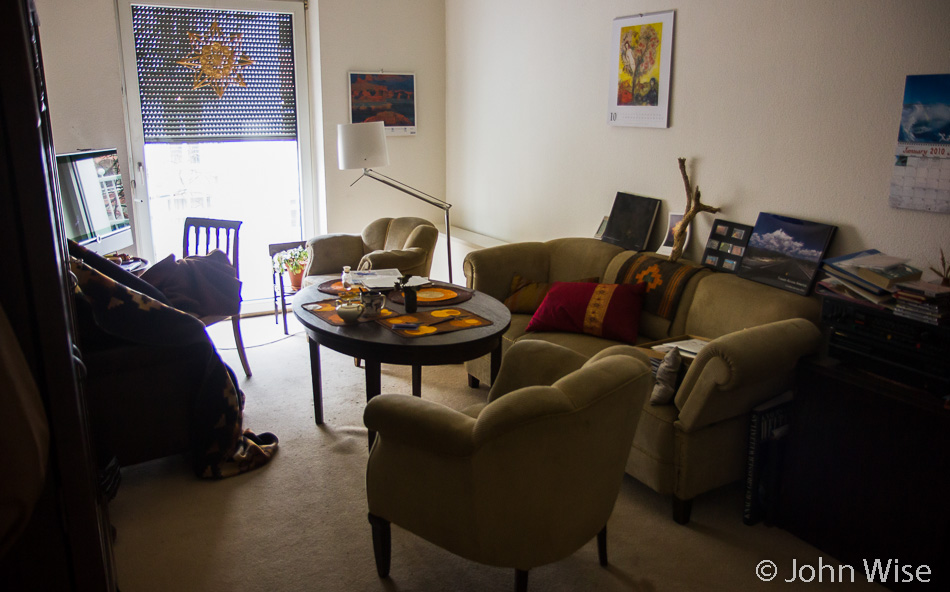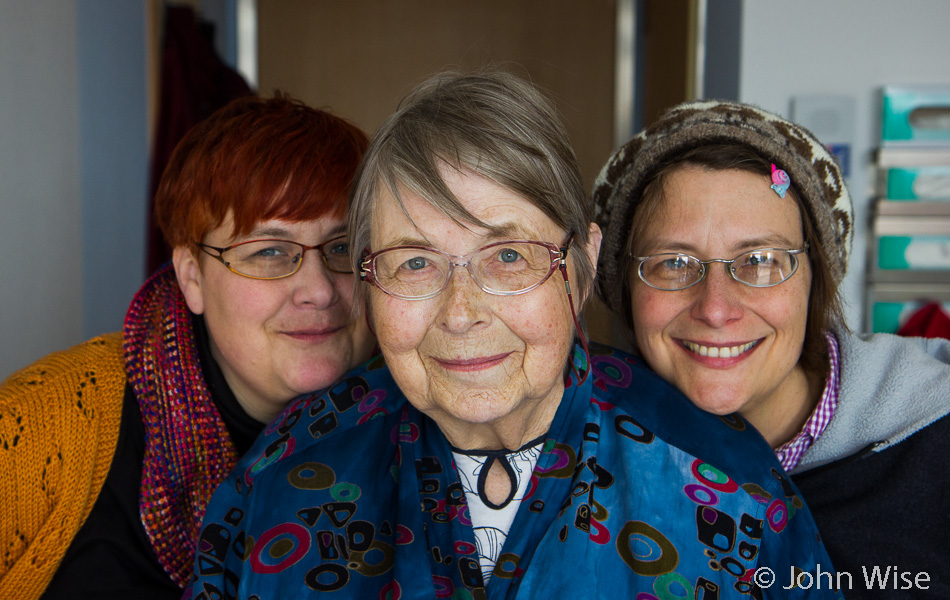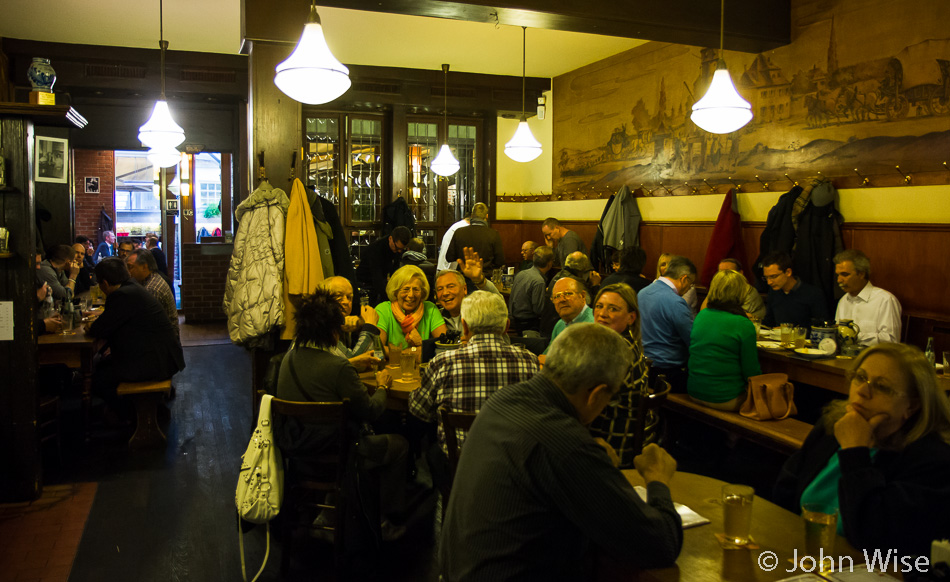We are all rendered helpless at least twice in our lives: birth and death. Yet, at birth, we are tenderly cared for with love, attention, and laws that attempt to ensure our successful transition into a functionally competent young adult who will be ready to contribute to our society. Approaching death, we are often alone without the love or the attention of our families or our friends, as they may already be gone, or they, too, are suffering the isolation that plagues our later years.
From the wealthy enclave of Santa Barbara, California, to Europe’s banking capital in Frankfurt, Germany, we all too often find the elderly are a burden and frustration while we have all benefited from these parents and workers who probably did the best they could while they were young and able. But in our impatience, we are quick to satisfy our own needs with an indulgence verging on the obscenely vulgar while at the same time seeing the needs of the elderly as unreasonable.
How do we justify ignoring these vigor-impaired people who were once so important to our very existence? How do others live with themselves as they reveal their anger or disdain in the way they treat these people nearing the ends of their lives, as though they are but nuisance obligations that no longer deserve respect?
The negligence we offer the elderly while lavishing doting care and affection on dogs and cats is an abomination of our broken social contract that allows us to merrily put on display our shallowness by only embracing the young and beautiful, in addition to the cute and furry. If it weren’t for the fact that most of us will suffer the pains of time, maybe then I could understand that a fringe was being sacrificed for the betterment of the whole, but these people who paved the way for us are our future, they are who we will be someday.
Alone and often depressed in their private lives, they bloom in smiles and laughter when once again they find themselves in a setting with their friends and family, even when enduring the pain and hardship of illness or loss that has brought them into the situation of being hospitalized or placed in hospice. Where were we when they needed us to help ensure they wouldn’t hurt themselves? What of the societal responsibility to protect them from inadvertent self-abuse through their own neglect?
For a moment, one can find hope in the despairing moments our elderly loved ones spend in hospitals and rehabilitation centers as we once again see their spirit and ability to fit in with those around them. But all too soon, they will find themselves returned to the lonely isolation that distanced them from our ideas of normal. They are not to blame, just as an infant cannot take responsibility for their own helplessness. Babies have not yet made friends, nor can they communicate very effectively in a complex world they have yet to comprehend. On the other hand, the elderly are trying to comprehend a world that has become faster and more advanced in the complexities that often exceed their abilities. Do we help these people or push them to the side?
Too often, our own sense of responsibility to ourselves leaves us with the easy and selfish choice of tossing these once productive and caring people to the curb of obscurity to die alone after suffering a growing sense of failure; why else are they now alone in a world that works best when we are laughing and sharing in our success?
My mother-in-law is a survivor of World War II and, as a young girl, had to deal with the hunger and destruction of the country she was born in, along with the death of her brother in battle and the subsequent abuse from a mother who suffered too with the incomprehensible loss. Now, after the war, she is at the mercy of those around her who try to find the time to share with her while she’s losing her sense of place and likely her home so others may care for her and her encroaching weakness.
During her early life, she studied medicine and gave life to two girls: my wife and her sister. She helped countless others who were in desperate need of life-saving services in her capacity while working for the local blood donor service. Not only are those who give blood of importance to the ill and critically hurt, but those who make it their life’s work to accept these donations enable the conduit between those who are in need and those who work tirelessly to save lives. And yet most of her days are now spent with a newspaper or television. Some of her friends have already passed. Guilt tells her that her needs are not important; one mustn’t burden those who are entangled with lives that surely have no time for someone becoming frail of mind and or body.
This sweet woman needs little more than a buttered bread and her family’s love. Other sweet old ladies have trouble getting either. Even on those occasions when my mother-in-law is, for a moment, the center of attention, I know this will be short-lived, not only because we will return to our “busy” lives but because she can no longer be in this life much longer.
I do not know with any precision how much longer she will be with us, but I do have to face that within weeks, she’ll again be alone. When she’s gone, we, too, will be a little more alone as the cycle of our own aging process moves us closer to the lonely door of death.












